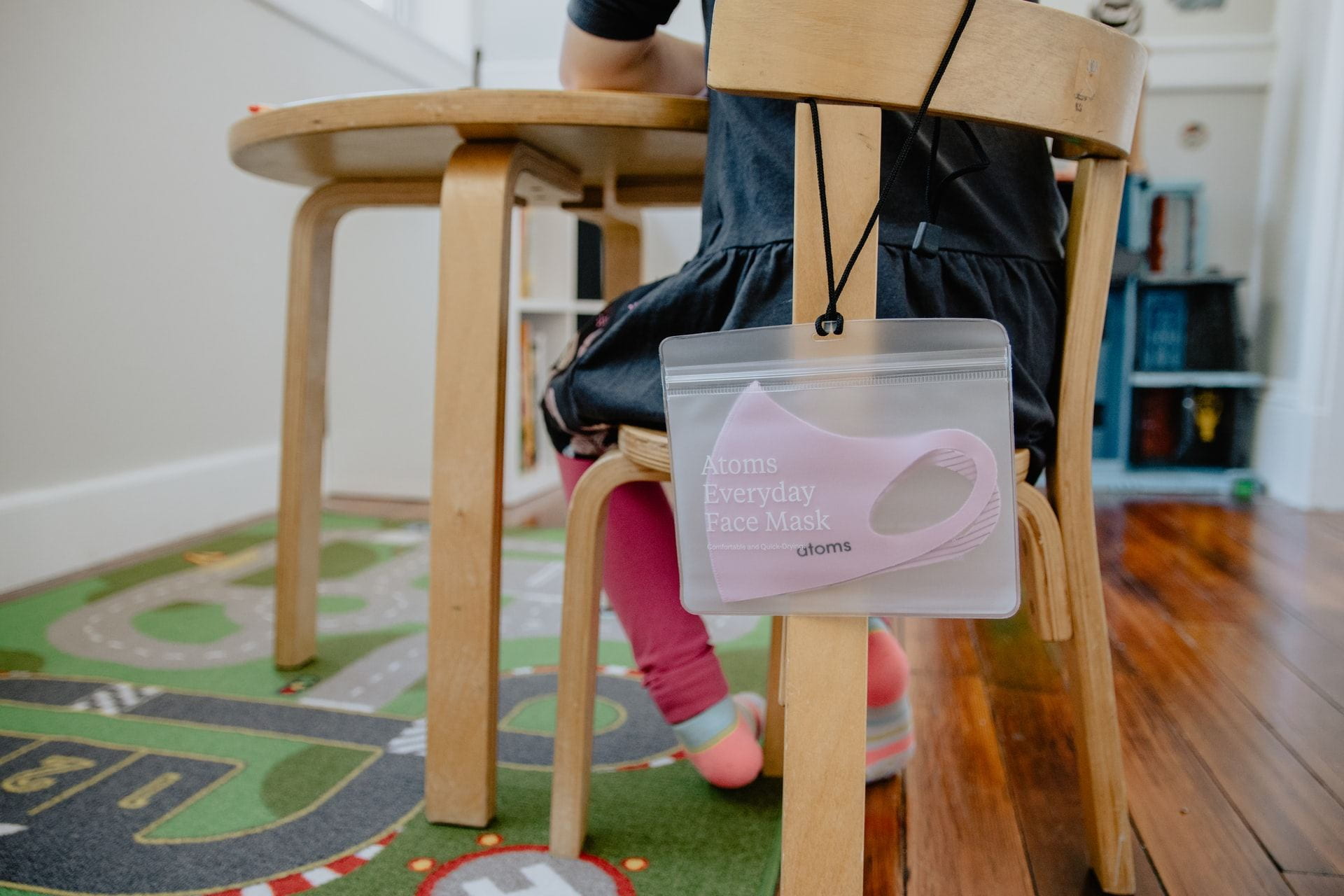To stay the same or to change things up? COVID-19 has sometimes left early childhood services little choice but to change rapidly, in order to stay open throughout the pandemic as an ‘essential service’.
With the ever-evolving situation of the COVID-19 pandemic, early childhood education services have had to continually adapt to offer a safe environment for children, parents and educators. This has sometimes required implementing new, untested measures, with unknown impact on children, educators and parents.
Although the pandemic is far from over, with COVID-19 measures in place for up to two years now, enough time has now elapsed to begin to understand the impact of such drastic changes.
UNE School of Education’s Dr Jo Bird has teamed up with two educators to do just this.
Closing the door
The team has been specifically looking at the impact of a new ‘closed door policy’ for early education service Yarm Gwanga, located at UNE.
In order to help keep the Yarm community safe, the service suddenly closed its doors to parents – a big change for a service that usually actively involves parents in the children’s days and routines as much as possible.
The research team, consisting of Dr Jo bird, Yarm Gwanga’s Director, Galia Urquhart, and Educational Leader Tammy Paterson-O’Kane, has reviewed survey results from both parents and educators about the policy, to ascertain its impacts on all members of the community. The results could influence the long-term practices of the centre, post-pandemic.
The ‘closed door policy’ involves dropping children only as far as the front door, where the child says goodbye to their parent or carer, and is collected and walked into the centre by one of the centre’s staff members.
Previously, parents and carers could enter the centre with their children, help settle them, and stay to watch and be involved as long as they liked or felt they were needed by their child.
“Our previous practices included new families spending large amounts of time at the service prior to their child/ren commencing at the service providing the time for families to interact with staff, the environment and becoming familiar with the policies and practices of the service,” Ms Urquhart says.
“Permanent families would spend time in their child’s room discussing their child’s needs and interests with the educators as well as the program and routine of their child’s room. Families would be able to observe their child’s room – the environment, activities, resources, program – and be able to share this with their child.”
The new policy was implemented for health and safety reasons, restricting human traffic through the centre and between rooms to prevent contamination and spread of COVID-19 infections.
Survey results show that while parents have been supportive of the procedures for health reasons, the policy has introduced some difficulties and anxieties for them. On the other hand, the impact on children has been surprising.
“The thing that surprised us was how the children took the new procedure so positively and it was the parents who found things challenging. We expected to find that more parents said their children had difficulty being handed over at the door, but they didn’t,” says Dr Jo Bird.
Dr Bird says the usual procedures of parents and carers being involved in the settling in process is based on available research, but the impacts of a ‘closed door policy’ have not been researched, until now.
Surprising advantages
“We have found children have embraced the new procedure,” Dr Bird says.
“Educators have reported children have less separation issues, are happier at drop off, and are taking ownership of entering the centre.
“The closed door policy has flipped the power when arriving at Yarm Gwanga. Previously, parents held the power and settled the child into the room before deciding when to leave. Now, children have the power and decide when to leave the parents at the door before heading off to their room. For young children their lives are often controlled by adults but having agency and the confidence to leave their parents is improving the drop off experience for them.”
Ms Urquhart says another advantage has been improved safety and security.
“From a practical perspective a crucial advantage is knowing exactly which adults are in the centre at any one time which has made the ability to supervise the safety and security of the service – children, staff, personal information and belongings – easier to manage,” she says.
Overcoming the challenges
The survey has also highlighted some areas that require further reflection and development.
“We found that, because parents could no longer see their child in their care setting, they have felt the loss of connection to the centre and their child’s day. They have struggled with having limited access to the educators looking after their children, loss of responsibility for settling their children, and limited understanding of what was happening for their child during their day,” Dr Bird says.
But the researchers feel these issues can be overcome.
“We are looking at ways we can build up this connection with parents and carers, with things like more frequent communication and photos,” Dr Bird says.
“COVID-19 may be around for the foreseeable future, but we know that the children of Yarm are not being negatively affected by the closed door procedure and are actually strengthening their resilience and new found power in this process.”
Dr Bird says the findings could be useful for other child care centres considering implementing a similar procedure.
“This procedure has been a good way to limit the number of people coming in and out of the centre while also building the children’s sense of independence and confidence. But staff need to be aware that families will need other ways to learn about their child’s day, to chat to educators and feel connected to the centre.”



Recent Comments